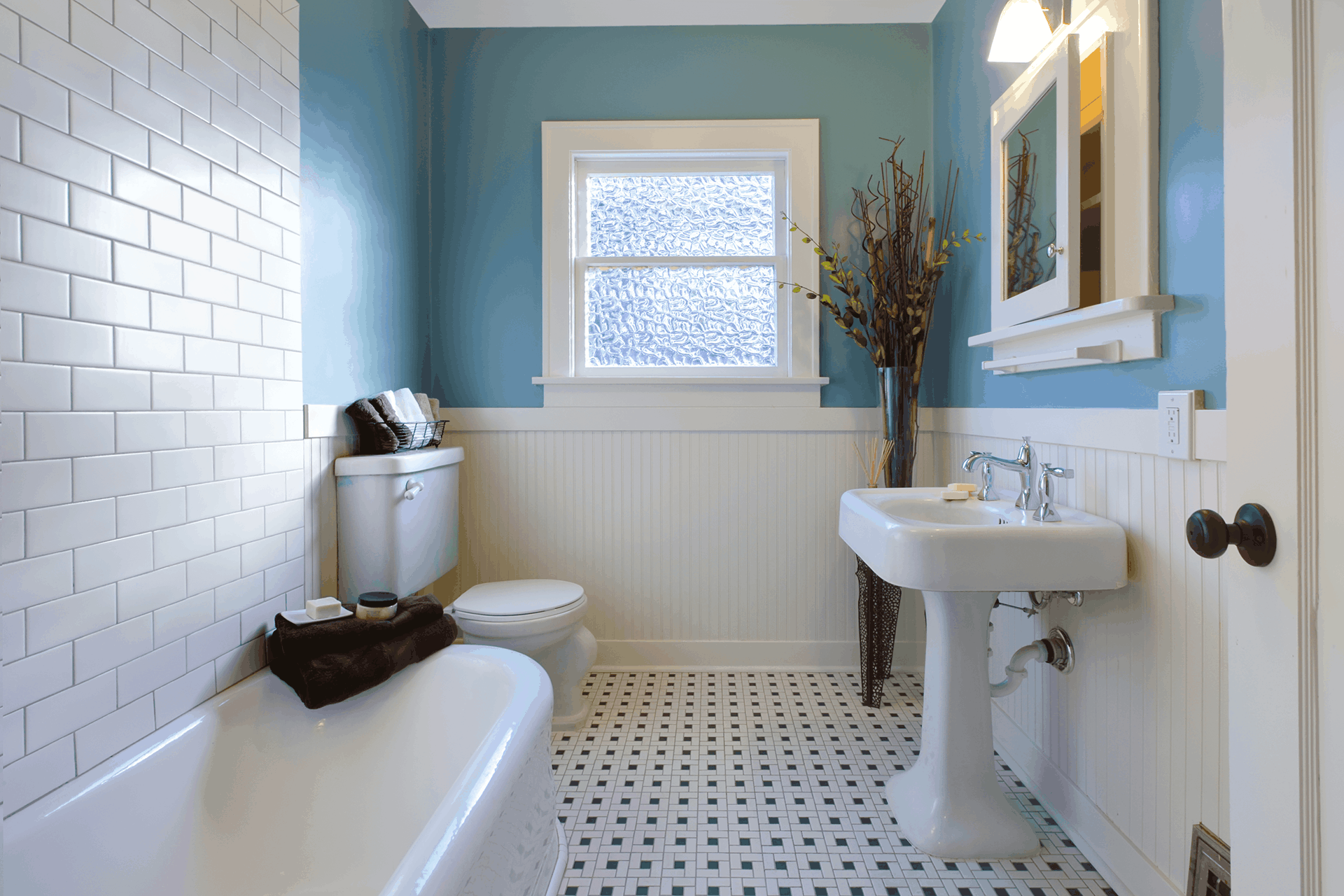Soundproofing your bathroom can be a valuable project if you want to maintain privacy, reduce noise from outside, or simply create a more peaceful environment. Here’s a comprehensive guide on how to make your bathroom soundproof:
Assess Your Needs:
Start by identifying the specific noise issues you want to address. Is it noise from the adjacent rooms, plumbing sounds, or external sources like traffic? Understanding the problem will help you determine the most effective solutions.
Seal Gaps and Cracks:
Sound can easily travel through gaps and cracks in doors, windows, and walls. Inspect your bathroom for any openings and seal them with weatherstripping, caulk, or soundproofing sealant. Pay special attention to gaps around the door and window frames
Upgrade Doors:
Standard interior doors are often not very effective at blocking sound. Consider replacing your bathroom door with a solid-core door, which can significantly reduce sound transmission. Ensure the door fits tightly in the frame.
Soundproof the Walls:
If you have the budget and desire for more substantial soundproofing, you can add additional mass to the bathroom walls. Options include:
Installing soundproof drywall or mass-loaded vinyl on the bathroom walls.
Adding an extra layer of drywall with Green Glue soundproofing compound in between.
Hanging acoustic panels or decorative soundproofing panels on the walls for both aesthetics and sound absorption.
Soundproof the Ceiling:
If noise from above is a problem, you can soundproof the ceiling by adding acoustic insulation or installing a drop ceiling with acoustic tiles. Ensure proper installation to maintain the ceiling’s integrity and aesthetics.
Install a Soundproof Window or Window Inserts:
If your bathroom has a window, consider replacing it with a double-pane or laminated window, which can reduce outside noise. Alternatively, you can install soundproof window inserts, which fit over your existing window and provide an extra sound barrier.
Use Soundproof Curtains or Blinds:
Adding soundproof curtains or blinds can help reduce noise and add a layer of privacy to your bathroom. These are especially useful if your bathroom has large windows.
Add Soft Surfaces:
Soft surfaces like rugs, bath mats, and towels can help absorb sound within the bathroom. They also contribute to a cozier atmosphere.
Soundproof Plumbing:
Plumbing sounds can be bothersome in a bathroom. Consider insulating the pipes with foam pipe insulation or acoustic wraps to minimize water-related noise.
Ventilation Considerations:
Don’t forget about ventilation. Make sure your bathroom’s exhaust fan is properly insulated and maintained to minimize any noise it might generate.
Consult a Professional:
If you’re unsure about the best soundproofing solutions or if you want to ensure proper installation, consider consulting with a professional soundproofing expert or contractor.
Regular Maintenance:
Keep an eye on the seals, weatherstripping, and any soundproofing materials you’ve installed to ensure they remain in good condition over time.
By following these steps and customizing them to your specific needs, you can make your bathroom a more peaceful and soundproof space, allowing for greater privacy and comfort.

